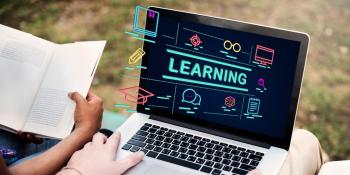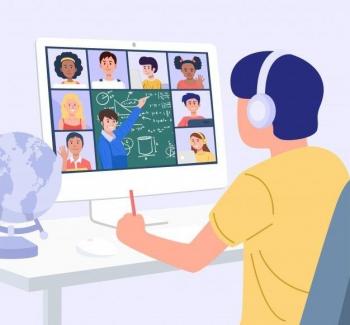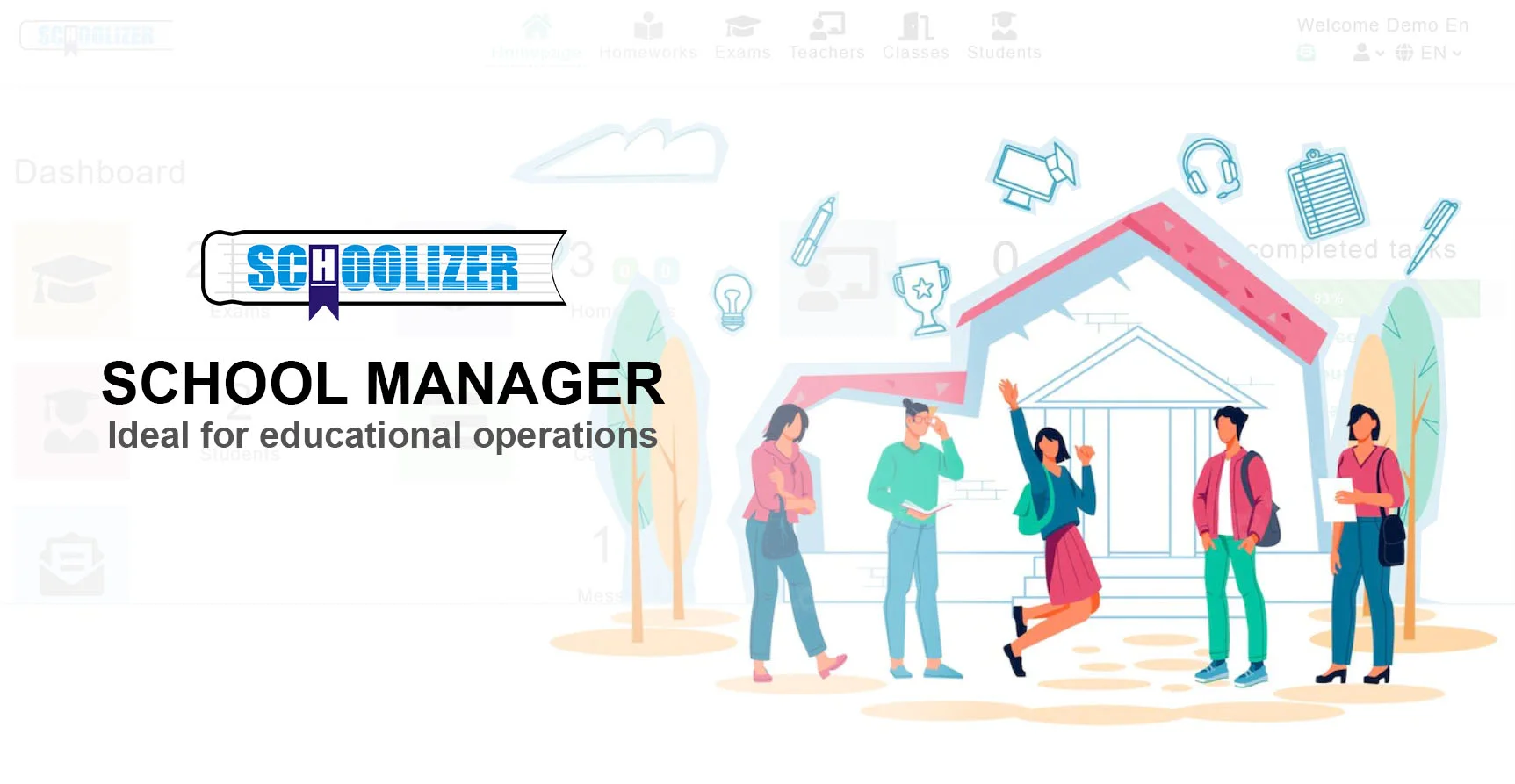AI in Education: How Writing Tools and Detectors Are Shaping Tomorrow's Learning

Embracing AI in Education: Writers, Detectors, and the Future of Learning
What if every student could have a personal writing coach available 24/7? How can educators distinguish between human creativity and machine-generated content? Why is artificial intelligence rapidly transforming educational paradigms, and what does this mean for the future of learning? These questions lie at the heart of today's educational revolution, where AI tools are no longer futuristic concepts but present-day realities reshaping how we teach, learn, and assess knowledge.
The Rise of AI Writing Assistants in Education
Artificial intelligence writing tools have emerged as powerful allies in the educational landscape, offering unprecedented support for both students and educators. These sophisticated platforms leverage natural language processing and machine learning algorithms to assist with various writing tasks, from generating ideas and structuring arguments to refining grammar and enhancing style. Unlike traditional word processors, AI writing assistants understand context, tone, and purpose, providing tailored suggestions that align with educational objectives.
The fundamental value of these tools lies in their ability to democratize writing support. Where once only privileged students could access expensive tutoring or writing centers, AI assistants now provide scalable, affordable assistance to learners across socioeconomic backgrounds. They serve as patient, non-judgmental writing partners that can help overcome writer's block, develop vocabulary, and build confidence in expressing ideas.
Practical Applications in the Classroom
Consider a high school English class where students struggle with essay structure. An AI writing tool can analyze their draft and provide specific feedback on thesis development, paragraph coherence, and evidence integration. For example, a student writing about climate change might receive suggestions to strengthen their argument with recent statistics or clarify the connection between their evidence and main points. The tool doesn't write the essay for the student but guides them toward more effective communication.
In higher education, graduate students use AI assistants to refine research papers, ensuring academic tone and proper citation format. ESL learners particularly benefit from real-time grammar correction and phrasing suggestions that help them express complex ideas without language barriers limiting their intellectual contributions. These applications demonstrate how AI serves as an educational equalizer rather than merely a convenience tool.

The Counterbalance: AI Detection Technologies
As AI writing tools proliferate, educational institutions have responded with equally sophisticated detection technologies. These systems employ advanced algorithms to identify machine-generated content by analyzing patterns invisible to the human eye. AI detectors examine factors like semantic coherence, syntactic patterns, and stylistic consistency that often differ between human and artificial writing.
The development of detection tools represents more than just an academic arms race—it reflects a crucial conversation about academic integrity in the digital age. Educators recognize that simply prohibiting AI tools is neither practical nor educationally sound. Instead, detection technologies help create frameworks for appropriate use, ensuring that students develop essential skills while benefiting from technological assistance.
Real-World Implementation Scenarios
A university writing program implements AI detection not as a punitive measure but as a teaching opportunity. When a paper flags as potentially AI-generated, instructors use it as a chance to discuss proper tool usage with students. They might explain that while using AI for brainstorming and editing is encouraged, outsourcing critical thinking violates academic honesty. This approach fosters digital literacy rather than creating an atmosphere of suspicion.
In another scenario, a high school teacher uses detection software to identify patterns in student work that might indicate over-reliance on AI. Instead of accusing students, the teacher designs lessons about ethical technology use and the importance of developing original thought. The detection tool becomes part of a broader educational strategy rather than simply a policing mechanism.

Transforming Pedagogical Approaches
The integration of AI tools necessitates a fundamental shift in teaching methodologies. Traditional assignment structures that focus on product over process become inadequate when AI can generate polished final drafts. Consequently, educators are redesigning assessments to emphasize the learning journey—valuing brainstorming notes, multiple drafts, and reflective metacognition alongside final products.
This pedagogical evolution moves education from knowledge transmission to skill development. Teachers increasingly focus on cultivating critical thinking, creativity, and ethical reasoning—capabilities that AI enhances rather than replaces. The classroom becomes a space for exploring how to use tools responsibly rather than pretending they don't exist.
Example: The Process-Oriented Writing Course
A composition instructor redesigns their curriculum to include explicit AI tool instruction. Students learn to use writing assistants for brainstorming and editing while maintaining their authentic voice. Assignments require submitting idea maps, early drafts with AI suggestions visible, and reflections on how the tool helped or hindered their process. The final grade considers the entire creative journey, making AI assistance transparent and educational.
Another teacher implements "AI-aware" assignments that ask students to generate content with tools then critically evaluate and improve upon it. This approach develops digital literacy and analytical skills while acknowledging technology's role in modern writing. Students learn to collaborate with AI rather than depend on it—a crucial distinction for future readiness.

Ethical Considerations and Responsible Implementation
The adoption of AI in education raises significant ethical questions that institutions must address proactively. Issues of data privacy, algorithmic bias, and equitable access require careful policy development and ongoing dialogue. Educational AI tools often process sensitive student information, necessitating robust data protection measures and transparent privacy policies.
Algorithmic bias presents another critical concern. AI systems trained on predominantly Western or academic texts may struggle with diverse linguistic patterns and cultural expressions, potentially disadvantaging non-native speakers or students from different backgrounds. Addressing these limitations requires diverse training data and human oversight to ensure fairness.
Developing Ethical Frameworks
A school district forms a committee including teachers, administrators, students, and AI ethics experts to develop usage guidelines. Their policy distinguishes between permitted uses (brainstorming, grammar checking) and prohibited ones (generating entire assignments). They establish clear consequences for misuse while creating opportunities to teach digital citizenship.
Universities implement AI literacy modules that all students complete, covering both technical skills and ethical considerations. These programs help students understand how AI tools work, their limitations, and their societal implications. This knowledge empowers learners to use technology responsibly rather than following arbitrary rules.
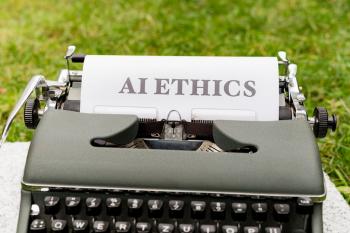
The Future Landscape of AI-Enhanced Learning
Looking forward, AI's role in education will likely expand beyond writing and detection to become integrated throughout the learning ecosystem. Adaptive learning platforms will personalize education at unprecedented levels, adjusting content difficulty and presentation style based on individual student needs. AI tutors will provide instant, customized support across subjects, available whenever students need assistance.
Assessment will transform from periodic tests to continuous evaluation through AI analysis of student work patterns, engagement levels, and skill development. This shift will provide more nuanced understanding of student progress while reducing high-stakes testing anxiety. Educators will spend less time grading and more time mentoring, leveraging AI insights to target interventions effectively.
Immersive Learning Experiences
AI will power increasingly sophisticated educational simulations and virtual environments. History students might "converse" with AI-generated historical figures, while science students conduct experiments in virtual labs with AI assistants explaining complex concepts. These immersive experiences will make learning more engaging and accessible, particularly for abstract or dangerous topics.
Language learning will be revolutionized through AI conversation partners that provide patient, culturally nuanced practice unavailable through traditional methods. These tools will adapt to individual proficiency levels and learning styles, accelerating language acquisition while building cultural understanding.
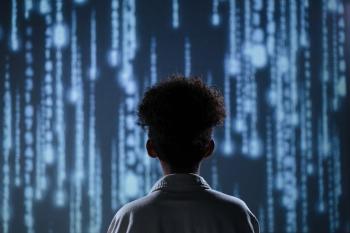
Preparing Educators for the AI-Integrated Classroom
The successful integration of AI in education depends fundamentally on teacher preparedness. Professional development must move beyond technical training to encompass pedagogical strategies for AI-enhanced learning. Educators need support in redesigning curricula, developing appropriate assessment methods, and facilitating discussions about ethical technology use.
Teacher education programs must incorporate AI literacy as a core component, preparing new educators for classrooms where technology is an integral partner rather than an occasional tool. This preparation includes understanding AI capabilities and limitations, recognizing appropriate use cases, and developing skills for guiding students' ethical engagement with technology.
Building Support Systems
School districts establish AI integration specialists who support teachers in implementing new tools effectively. These specialists help educators develop AI-aware lesson plans and troubleshoot technical challenges while sharing best practices across schools. This support system prevents teacher burnout and ensures consistent implementation.
Professional learning communities focused on AI in education allow teachers to share experiences, challenges, and successes. These communities foster collaborative problem-solving and innovation, helping educators feel confident and competent in navigating technological change. Through shared expertise, teachers develop the resilience needed to adapt to evolving technologies.


